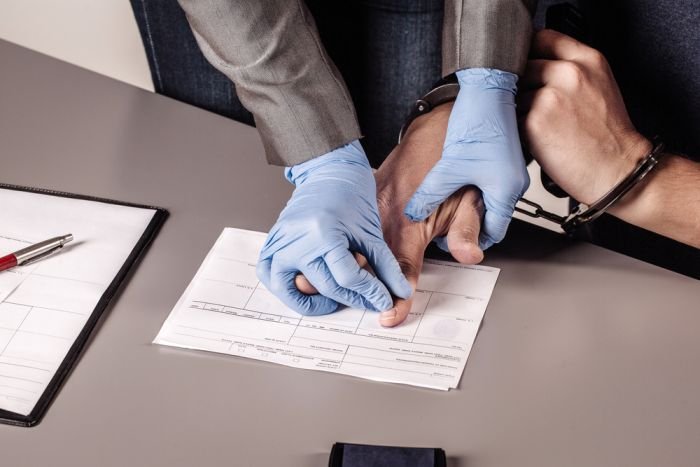Divorce can be a challenging process, but modern options like online filings have made it more manageable for many couples. In New Jersey, pursuing a digital divorce comes with specific rules that must be carefully followed. Understanding these essential conditions helps ensure a smooth and legally valid separation.

Meeting the Residency Requirement
Before starting an online divorce, it’s crucial to confirm that at least one spouse has lived in New Jersey for a minimum of one year. This residency condition applies to most divorces filed within the state, whether handled traditionally or electronically. The only exception occurs in cases involving adultery, where the time-based requirement may not apply. Couples who plan to get online divorce in New Jersey must meet this foundational rule to proceed successfully.
Grounds for Divorce in New Jersey
The state recognizes both fault and no-fault reasons for ending a marriage. No-fault cases typically involve irreconcilable differences that have lasted for at least six months, or physical separation for 18 months or more. Fault-based situations may include abandonment, extreme cruelty, addiction issues, imprisonment, or infidelity. When filing online, individuals must clearly state the reason for seeking a divorce, whether it’s mutual or based on specific circumstances. Selecting the appropriate grounds is a critical step in the process.
Uncontested Divorce Eligibility
To qualify for an online divorce, the case usually needs to be uncontested. This means both parties agree on major aspects such as property division, debt responsibilities, child custody arrangements, and support payments. If significant disagreements exist, the case may require court intervention, making the online route less feasible. Couples aiming for a digital filing should carefully negotiate and document their agreements in advance to avoid complications.
Proper Documentation is Required
Completing an online divorce involves submitting several essential forms, including the complaint for divorce, financial disclosures, settlement agreements, and any applicable parenting plans. All information must be accurate, complete, and submitted within the correct timelines. Online platforms typically guide users through the paperwork, but attention to detail remains vital to ensure that submissions meet court standards.
Serving the Divorce Papers
After filing the initial documents, the next legal step is to properly serve the divorce papers to the other spouse. Even when proceeding digitally, service must comply with New Jersey’s formal procedures. This typically involves personal delivery, certified mail, or using an approved process server. Proof of service must be provided to the court to move the case forward.
Court Approval and Finalization
Although the process can be initiated and managed online, a judge must still review and approve the divorce agreement before issuing a final judgment. Couples may not need to appear in person if all paperwork is in order and there are no disputes. The entire process can often be completed remotely, making it a convenient choice for those seeking efficiency.
Takeaway: Ensure Compliance When Filing Online
Meeting these legal standards is essential for anyone planning to get online divorce in New Jersey. By carefully following each step—from residency to document submission—couples can take advantage of the streamlined process while ensuring their divorce is fully recognized under state law. Remaining informed about these requirements helps make the journey smoother and minimizes the chance of costly delays.








